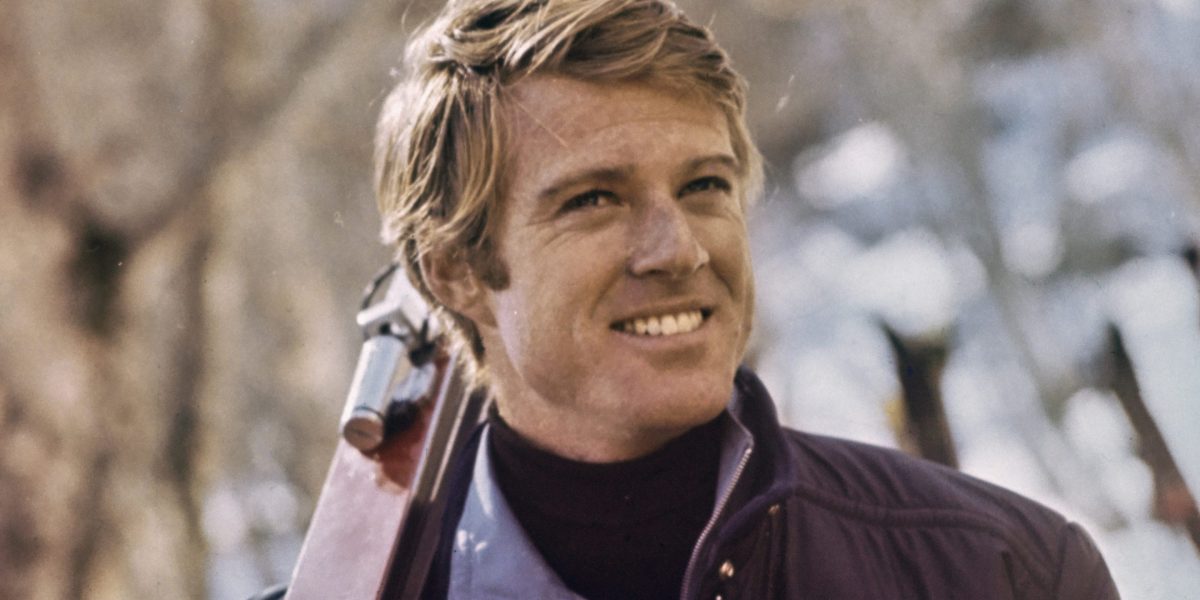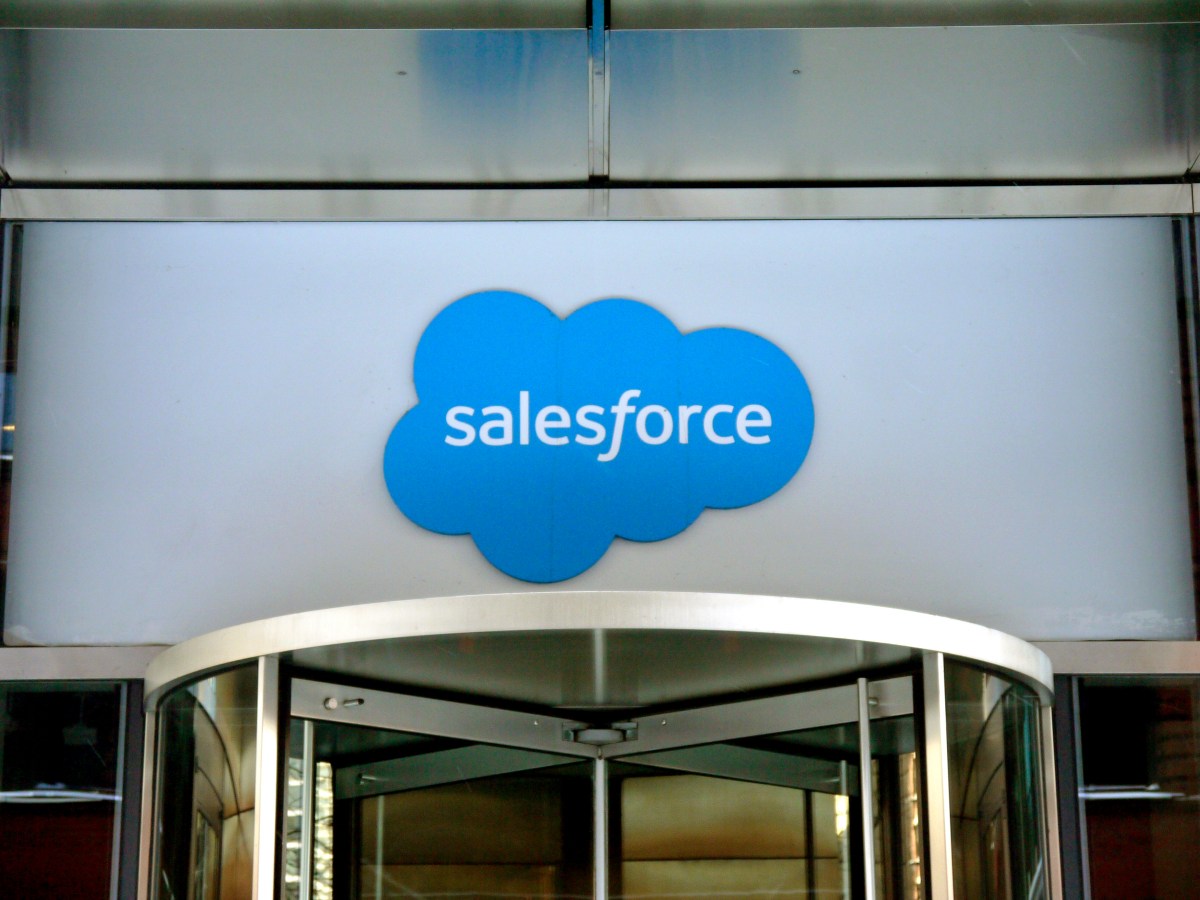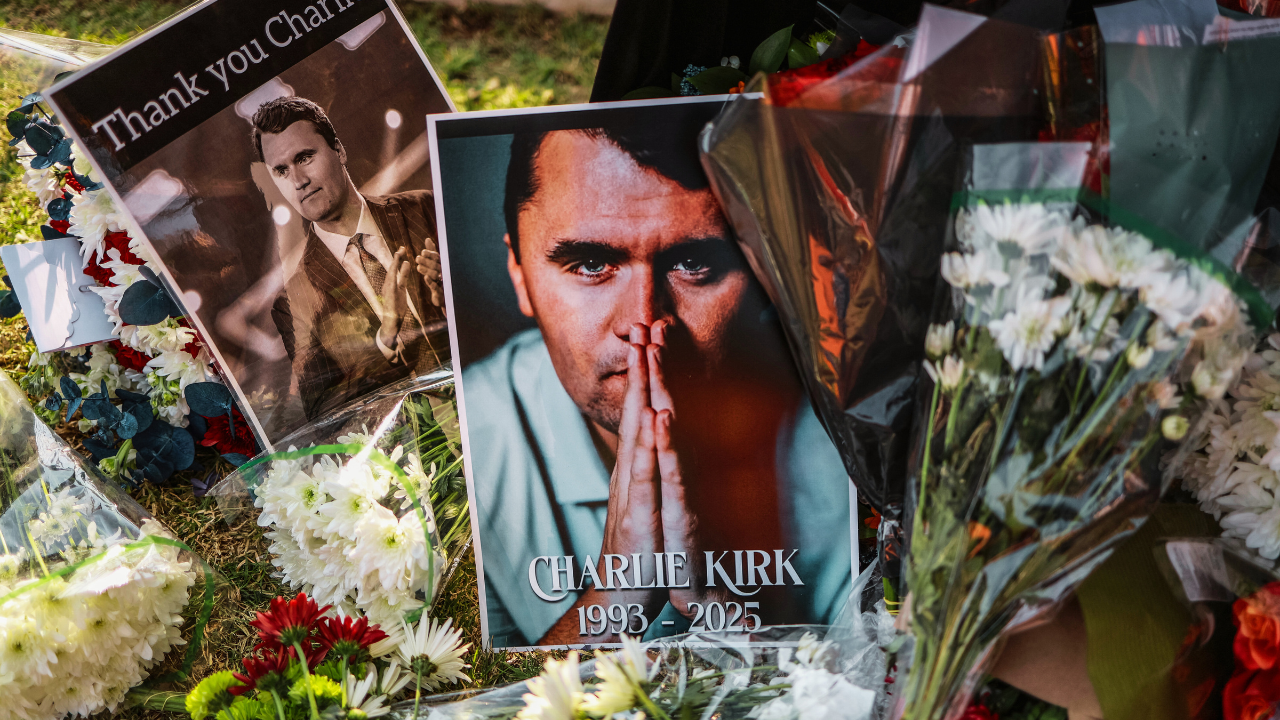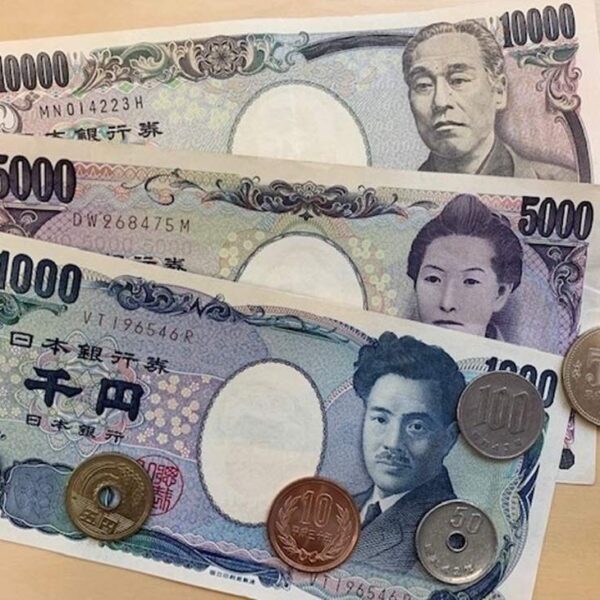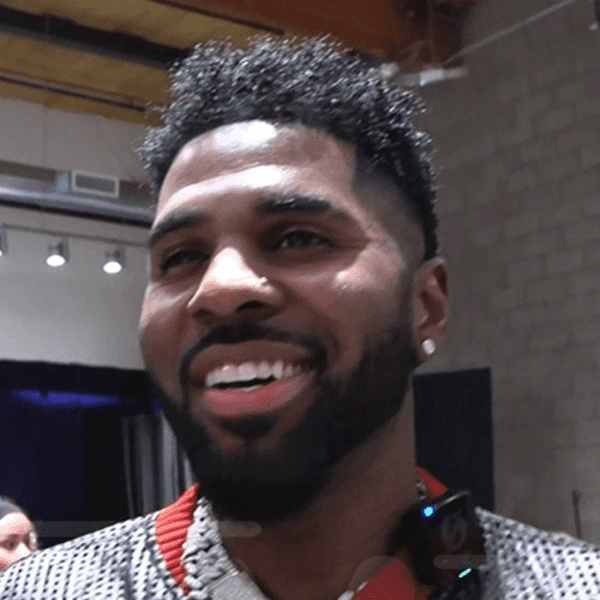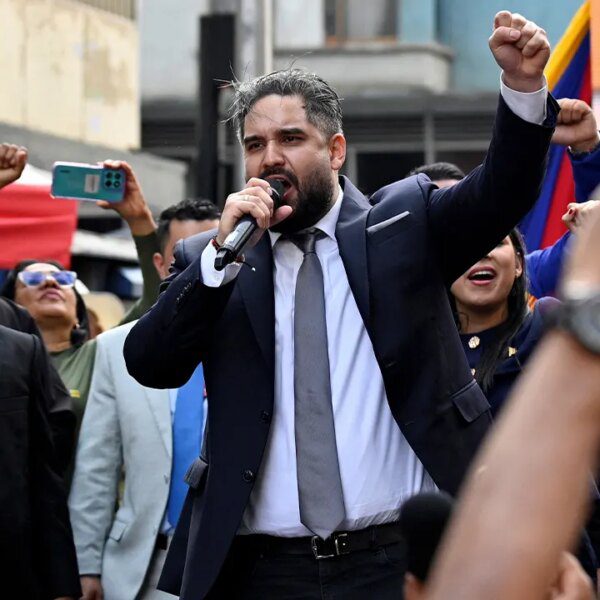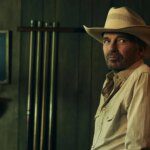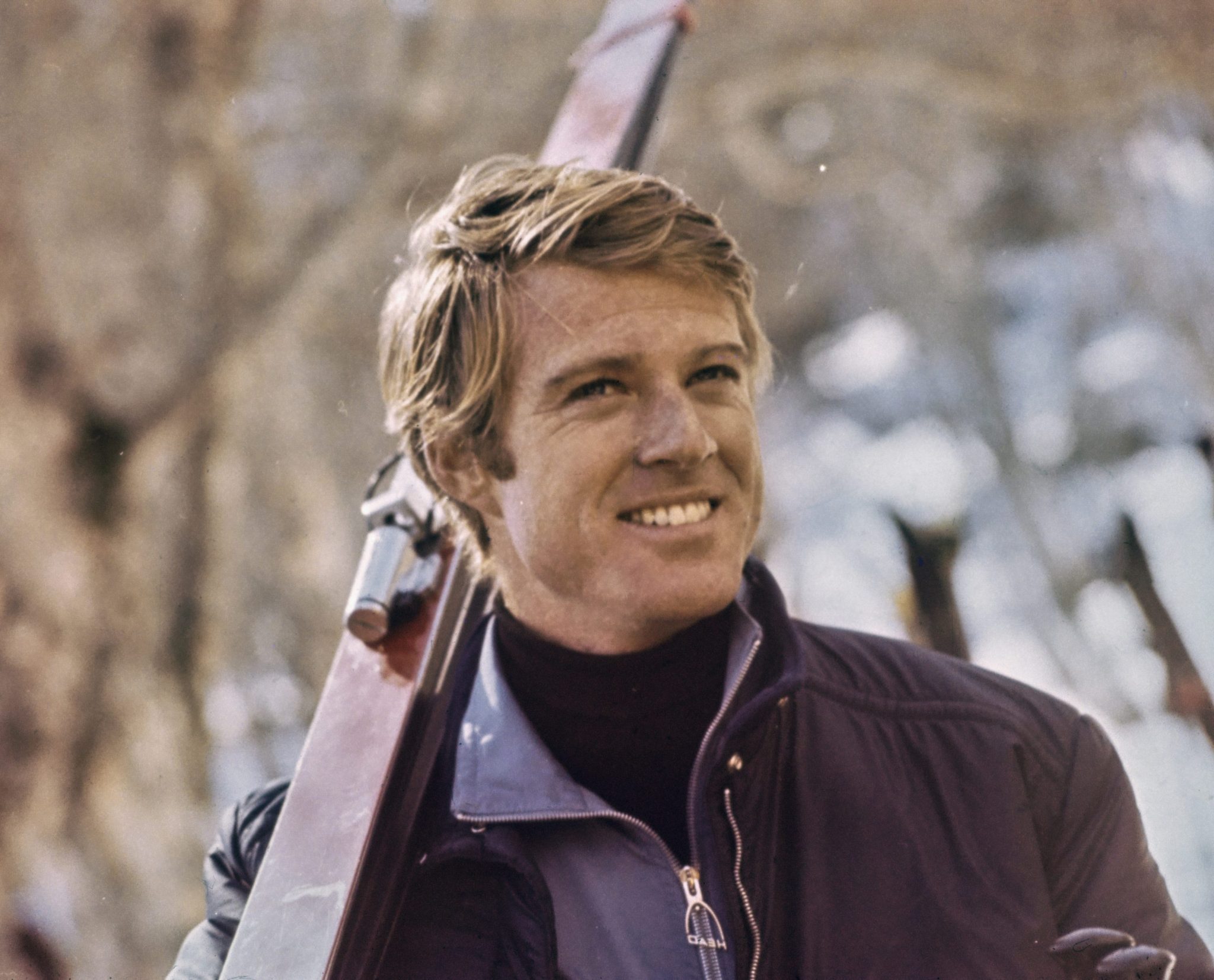
Robert Redford, the Oscar-winning actor whose career as a leading man in American cinema spanned more than four decades and who later established himself as a significant advocate and entrepreneur in support of independent filmmakers, died at 89.
Redford rose to prominence in the late 1960s and 1970s with starring roles in films such as The Sting (1973) and All the President’s Men (1976). His blend of charisma and subtlety on screen made him one of Hollywood’s most bankable stars of his era. He won the Academy Award for directing in 1980 for his debut feature Ordinary People, and he was honored with an honorary Oscar in 2002, recognizing his contributions to the film industry as a whole.
After a star-studded decade in the 1970s, Redford personified the revolutionary nature of that decade’s “New Hollywood” by pivoting in the 1980s to become an entrepreneur and activist. He created the Sundance Institute, a nonprofit that offers workshops, funding, and mentorship for emerging filmmakers, which would become, with time, core infrastructure that supported the growth of independent cinema. An example of Redford’s entrepreneurial bent was the creation of the Sundance Film Festival, which Redford did not in fact create: it was the result of a merger with the preexisting Utah/United States Film Festival, founded by the Utah Film Commission in 1978. Under Redford, this was rebranded, moved to Park City, Utah, and ultimately became the premiere showcase for independent film in the United States.
The Sundance Film Festival helped launch the careers of filmmakers including Steven Soderbergh, who famed critic Roger Ebert would later call “the poster boy of the Sundance generation,” and in later years, Quentin Tarantino and Ava Duvernay. It also provided a commercial channel for small-budget films to reach broader audiences. What began as a modest gathering grew into a major event, drawing tens of thousands of industry professionals and filmgoers annually, and reshaping the economics of independent filmmaking.
Key achievements under Sundance include Smoke Signals becoming the first film written and directed by Native Americans, having originated in the Sundance lab, and then becoming the first Native film to receive a commercial release, according to the institute. In 1997, Redford partnered with UCLA to create the Sundance Collection at the university, an archive dedicated to collecting and preserving independent cinema. He later partnered with hedge fund billionaire George Soros, adopting the Soros Documentary Fund into the institute in 2002 and renaming it the Sundance Documentary Fund. He also expanded it to offer grants to nonfiction filmmakers, along with creative and strategic support. Along the way, Sundance filmmakers and actors in the cinema won Oscars, and playwrights and performers in the theater won Pulitzer and Tony awards.
A resort, a brand, a legacy
Redford had put down roots in Utah roughly 20 years earlier, when he stumbled across Provo Canyon, Utah, during a 1961 cross-country motorcycle trip. He loved it so much he bought two acres and built a cabin with his own hands, according to the Sundance Institute. In 1969 he bought another 5,000 acres in the area and named it “Sundance,” the same year as his smash hit Butch Cassidy and the Sundance Kid, while also opening Sundance Mountain Resort to the public and designating a vast majority as a wilderness preserve.
The development reflected Redford’s interest in conservation, offering skiing, lodging, and cultural programming in an environment he sought to maintain in harmony with nature. Long before “sustainable development” entered the mainstream, Redford integrated environmental values into the resort’s operations.
The Sundance name became a recognizable brand in arts, recreation, and even retail, extending the actor’s influence into business while maintaining cultural and environmental priorities. Redford is survived by his children and grandchildren, along with the institutions he founded that continue to influence filmmakers and audiences worldwide.

